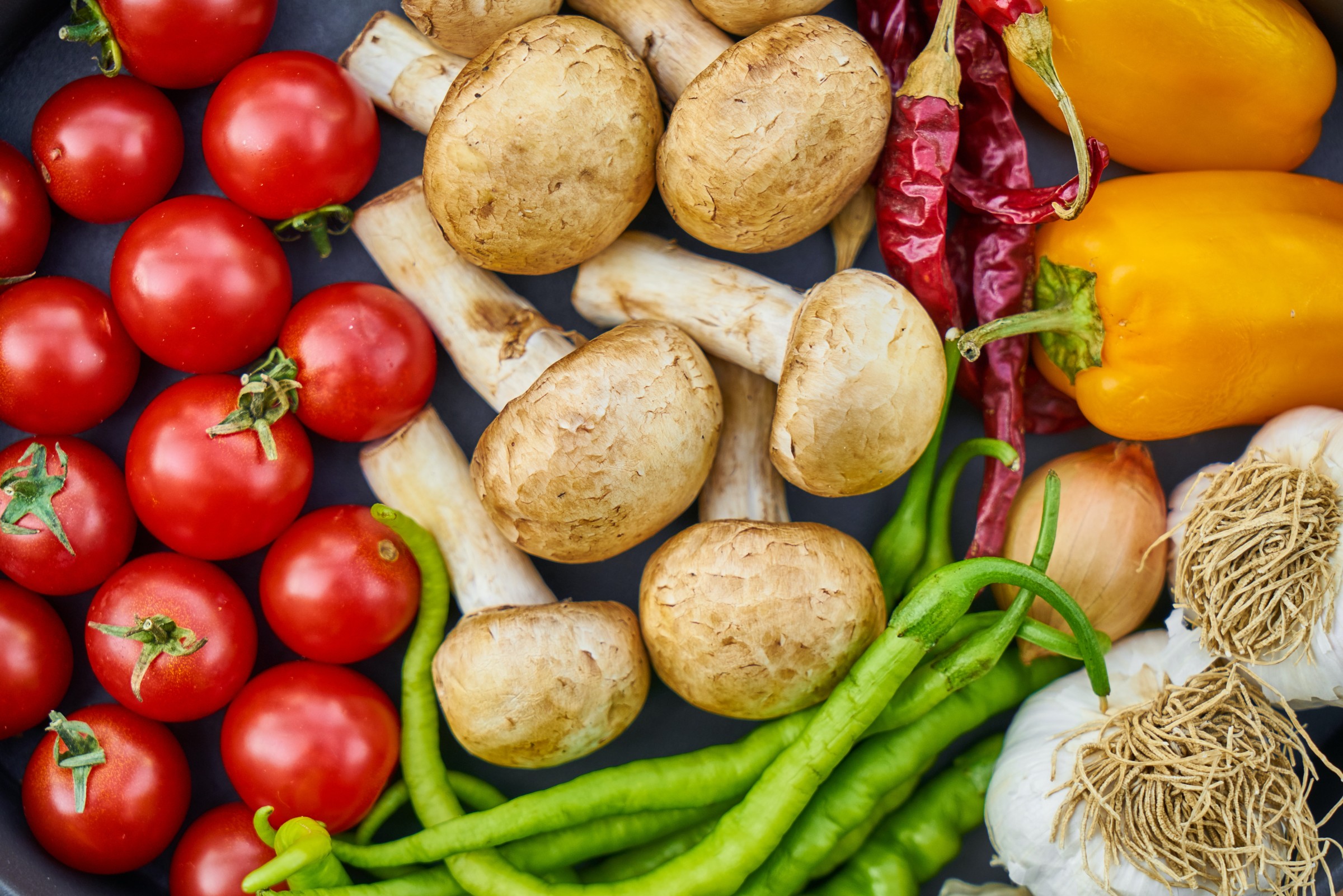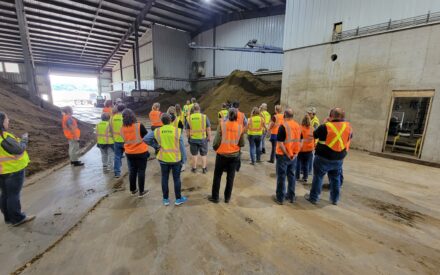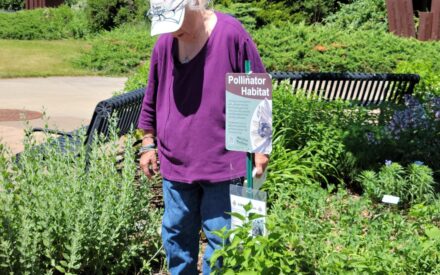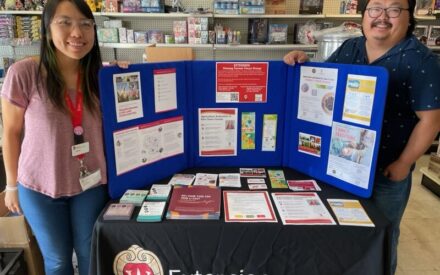As a traditionally agricultural state, Wisconsin prides itself in being one of the country’s strongest producers of fresh vegetables and fruit. And yet, people in one of ten households in Wisconsin have uncertain or limited access to sufficient fresh produce for a healthy and active life. Residents who grow food, alongside community garden groups and professional farmers, strive to support their communities by making fresh produce available to all. But they often cannot do so because they do not have connections to local emergency food distribution systems, or because they have concerns around how to organize the process of supplying food to those in need. By intentionally connecting community gardens, farmers, university research stations and active residents with emergency food distribution organizations, Extension supports communities in providing access to healthy produce to all residents.
In 2019, 50 food distribution sites across the state (food pantries, senior meal sites, schools, youth summer feeding programs, housing units) received fresh produce due to efforts facilitated by Extension agents and faculty. In the same period, close to 100 000 pounds of vegetables were provided to Wisconsin residents through Extension-supported efforts.
For example, in Waushara County, Extension facilitated the donation of 2500 pounds of produce to local food pantries through a so-called ‘gleaning’ process. ‘Gleaning’ means to examine fields after harvest to donate the surplus product to area food pantries, which in Waushara County typically had few fresh produce offerings.
An assessment by local Extension agent Patrick Nehring and a local poverty alleviation initiative (Waushara Food Connections Workgroup) indicated that even sympathetic farmers were reluctant to invite volunteers into their fields to glean due to liability concerns. To address this obstacle, local Extension staff researched how other states and counties had navigated similar liability issues. They then worked with the County to put a rider on its insurance policy to reduce risks to partnering farmers.
Rather than asking an area farmer to host a pilot for the gleaning process, the local Extension educator reached out to Amber Gotch at the nearby University of Wisconsin – Madison Hancock Research Station, a 412-acre vegetable research farm and field trial site for potatoes, field corn, sweet corn, soybeans, snap beans, carrots, cucumbers and others. Extension educators, UW researchers and community groups hosted a pilot gleaning project at the Research Station that was attended by local 4-H members and volunteers from local churches. The pilot included a training on produce safety, so that volunteers would know how to safely glean vegetable fields on other farms.
This collaborative project illustrates the unique role of Extension in fostering innovative linkages between regional food production, university research resources, and local emergency food networks. As such, it served as a proof of concept for a local farm-to-pantry gleaning initiative, familiarized area vegetable producers with crucial food safety regulations. This specific pilot also eased farmers’ liability concerns by addressing the insurance issue through negotiation with the county while ensuring that gleaning volunteers had proper food safety training. Most importantly, the collaboration resulted in the donation of approximately 2,500 pounds of food to local food pantries. Currently, the project team is identifying partnering farmers to expand the program in 2020.


 Protecting Water Quality through Agricultural Practices
Protecting Water Quality through Agricultural Practices Practical Strategies to Protect Pollinators
Practical Strategies to Protect Pollinators Respond to Needs of HMoob Farmers & Food Entrepreneurs
Respond to Needs of HMoob Farmers & Food Entrepreneurs Improving FoodShare Utilization at Farmers’ Markets Through a Multilevel Intervention
Improving FoodShare Utilization at Farmers’ Markets Through a Multilevel Intervention


